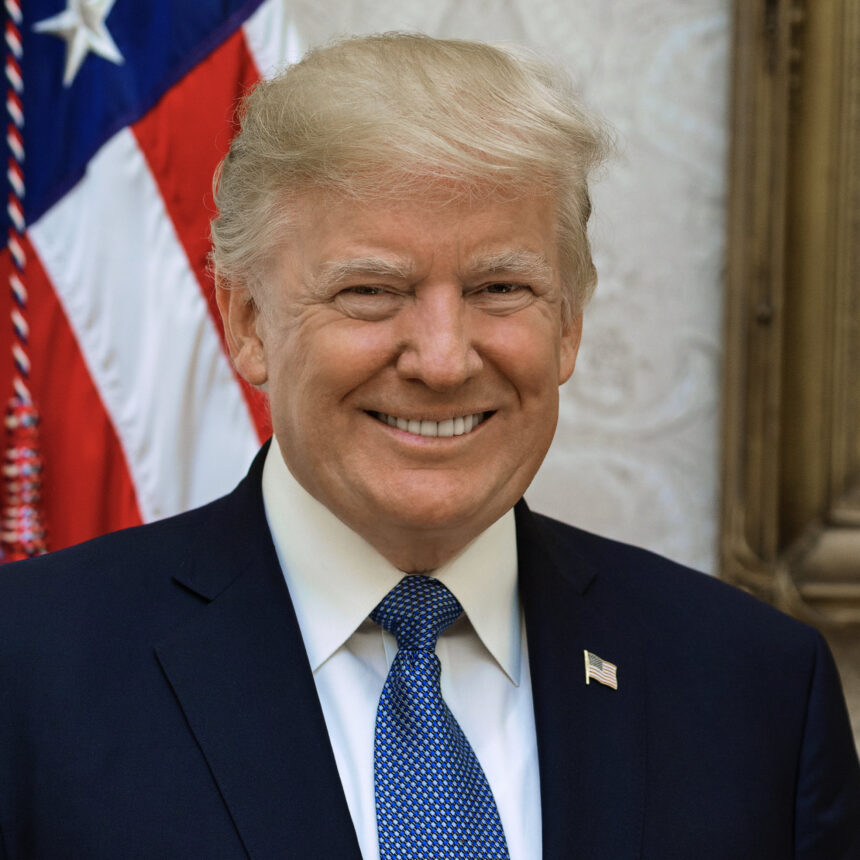In the age of rapid information dissemination, social media platforms often become breeding grounds for viral trends, some of which are rooted in misinformation.
One such recent phenomenon is the trending phrase “Trump Is Dead” on X (formerly Twitter). This article delves into the origins, spread, and implications of this baseless rumor, examining how a mix of political commentary, health speculation, and pop culture references can fuel widespread online confusion.
The Genesis of the Rumor: A Confluence of Factors
The “Trump Is Dead” trend did not emerge from a single source but rather from a confluence of seemingly unrelated events and remarks that, when combined, created a fertile ground for misinformation.
JD Vance’s “Terrible Tragedy” Remark
One of the primary catalysts for the trend was an interview given by Vice President JD Vance to USA Today on August 27, 2025. When questioned about his preparedness to assume the presidency in the event of a “terrible tragedy,” Vance, while reassuring the public that Donald Trump, 79, was “in good shape,” acknowledged the unpredictable nature of life.
His statement, “Yes, terrible tragedies happen,” despite being part of a broader reassurance, was quickly taken out of context and amplified, sparking initial speculation.
Health Concerns and Public Scrutiny
Adding to the speculative environment were ongoing public discussions about Donald Trump’s health. In July 2025, the White House confirmed that Trump suffers from chronic venous insufficiency, a condition characterized by swollen legs. Images of his visibly swollen legs had already circulated online, contributing to health-related rumors. Furthermore, two reported assassination attempts during his campaign in the previous year had heightened public concern and sensitivity regarding his well-being.
The Simpsons’ Uncanny Predictions
Perhaps the most unusual and influential factor in the trend’s virality was a joke made by Matt Groening, the creator of the long-running animated series The Simpsons. At San Diego Comic-Con in July 2025, Groening humorously remarked that The Simpsons would only conclude when “you-know-who” dies, a comment widely interpreted as a reference to Trump.
He further quipped that “President (J.D.) Vance will ban dancing” after this event. Given The Simpsons’ history of seemingly predicting real-world events, including Trump’s 2000 election win, this lighthearted comment gained significant traction and was woven into the fabric of the “Trump Is Dead” narrative.
Historical Precedents of Misinformation
This is not the first instance of false rumors circulating about Donald Trump’s demise. In September 2023, Donald Trump Jr.’s X account was hacked, and a fabricated post announced his father’s death.
This earlier incident, which Trump quickly debunked on Truth Social, illustrates a pattern of online hoaxes and the ease with which such misinformation can spread, especially concerning high-profile public figures.
The Spread and Impact of the Trend
The combination of these elements created a perfect storm for the “Trump Is Dead” phrase to trend rapidly across social media platforms. The speed and reach of platforms like X allowed the rumor to proliferate, often without immediate fact-checking or verification.
This led to widespread confusion, panic among some users, and a flurry of discussions and memes surrounding the baseless claim.
Conclusion
The “Trump Is Dead” trend serves as a stark reminder of the challenges posed by misinformation in the digital age. It highlights how fragmented pieces of information a political remark, health speculation, and even a pop culture joke can converge to create a viral, yet entirely false, narrative.
While Donald Trump remains active, the persistence of such rumors underscores the need for critical media literacy and responsible information consumption in an increasingly interconnected world.
This incident exemplifies how easily online chatter can devolve into widespread speculation, often fueled by a mix of genuine concern, political opportunism, and the inherent virality of sensational claims.




